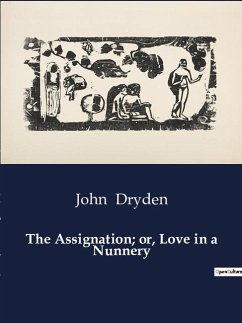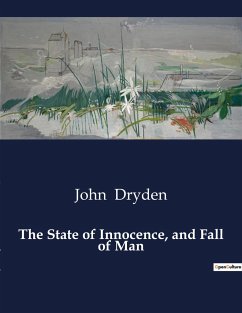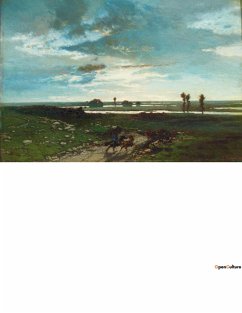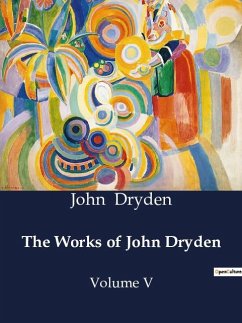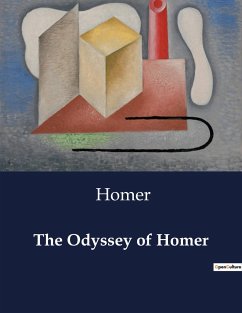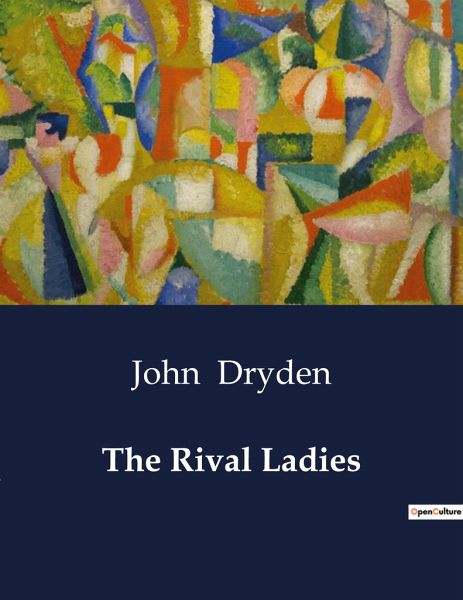
The Rival Ladies
Versandkostenfrei!
Versandfertig in 1-2 Wochen
12,00 €
inkl. MwSt.

PAYBACK Punkte
0 °P sammeln!
"The Rival Ladies" by John Dryden is a tragicomedy that explores themes of love, honor, and rivalry in 17th-century England. Set in the court of King Alexander, the play follows the romantic entanglements of two noblewomen, Melantha and Doralice, as they vie for the affections of the same man, Philander. Central to the plot is the character of Philander, a handsome and charming nobleman who finds himself torn between the two women. As the rivalry between Melantha and Doralice intensifies, Philander's attempts to navigate the complexities of love and loyalty lead to a series of comedic misunder...
"The Rival Ladies" by John Dryden is a tragicomedy that explores themes of love, honor, and rivalry in 17th-century England. Set in the court of King Alexander, the play follows the romantic entanglements of two noblewomen, Melantha and Doralice, as they vie for the affections of the same man, Philander. Central to the plot is the character of Philander, a handsome and charming nobleman who finds himself torn between the two women. As the rivalry between Melantha and Doralice intensifies, Philander's attempts to navigate the complexities of love and loyalty lead to a series of comedic misunderstandings and dramatic confrontations. Through its witty dialogue and clever plot twists, "The Rival Ladies" offers a satirical commentary on the courtly manners and social conventions of the time. Dryden's play explores the absurdities and contradictions of love and desire, while also celebrating the resilience and resourcefulness of its female characters. With its blend of humor, romance, and social critique, "The Rival Ladies" remains a beloved classic of English theater, showcasing Dryden's talent as a playwright and his enduring relevance in the world of comedy and drama.






